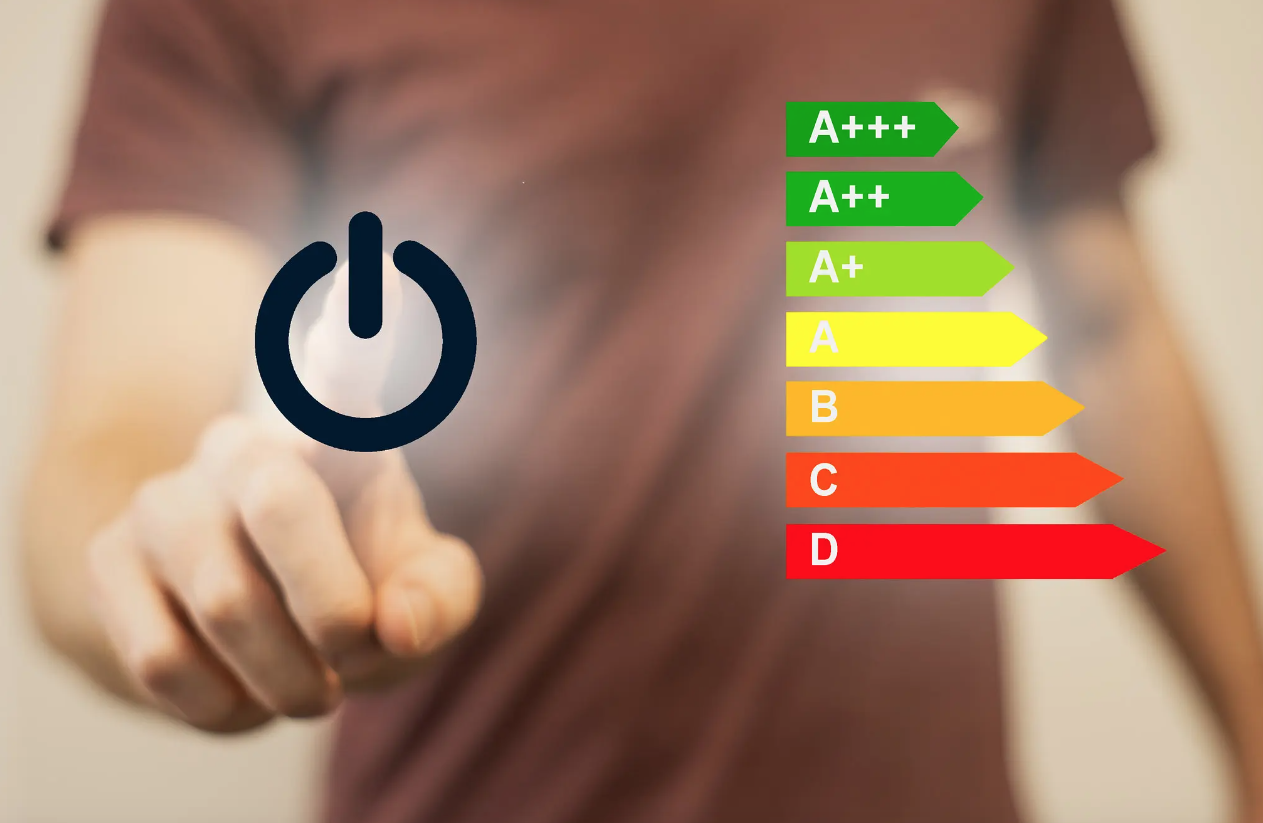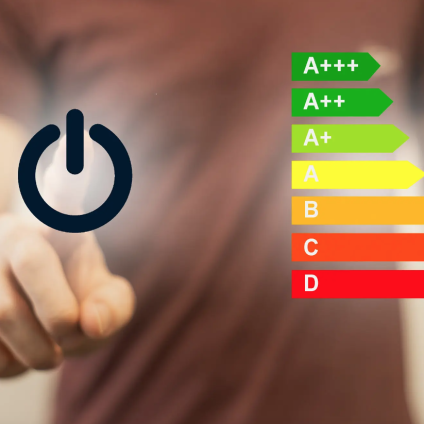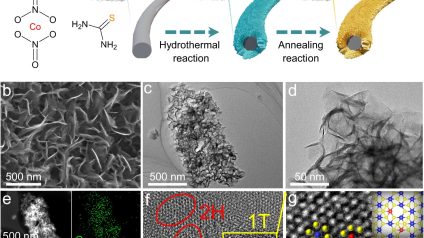European Commission explains how best to use national energy efficiency funds while continuing work on the first trilateral cooperation between Commission, Member States and financial institutions
Focus on financing energy efficiency. As required by the new EDD Directive (2023/1791/EC), Member States should facilitate the establishment of financial instruments, or the use of existing ones, for energy efficiency improvement measures. Promoting and ensuring a “broad and non-discriminatory” supply by financial institutions of energy-efficient credit products, such as green mortgage loans or green loans.
To direct efforts in the right direction, the European Commission yesterday launched a new recommendation explaining how best to use national funds for energy efficiency and financial and technical support. The text sheds light on the new requirements and illustrates how the objectives of the EDP Directive regarding funding could be achieved. The aim is to contribute to a uniform understanding of legislation between Member States while preparing transposition measures.
“As public finances alone (including funds from the EU budget) will not be sufficient to meet the investment needs needed to achieve the new 2030 energy efficiency targets, the majority of the financial support will have to come from the private sector“, writes the EU Executive. “Therefore, Article 30 strengthens the legal and political framework for the financing of energy efficiency, to increase the cost-effectiveness of public budget support and attract more private investment. [… ] It also emphasises cooperation between the European Commission, Member States and financial institutions”.
Towards the European Coalition for the Financing of Energy Efficiency
Within this framework, the Commission is launching a European coalition for financing energy efficiency. The first step in this direction was taken today with the signing by Brussels and all the Member States of the joint declaration on the coalition.
“By signing the Joint Declaration today – commented the Commissioner for Energy, Kadri Simson – we underline the fundamental role of energy efficiency in our efforts to achieve the energy transition and decarbonise our economy. Increasing private investment” in this sector “is of the utmost importance and the Coalition […] will play a key role in this regard“.
The ultimate objective is to create trilateral cooperation between the Commission, Member States and financial institutions that provide a market environment conducive to investment in energy efficiency. Increasing the private funding needed to help achieve the European Union’s energy and climate goals for 2030 and 2050. In detail, the Coalition will be organized in three different workflows: a political level, a group of experts and national hubs, namely specific working groups to be developed at the national level to identify financing solutions for energy efficiency for each market.













